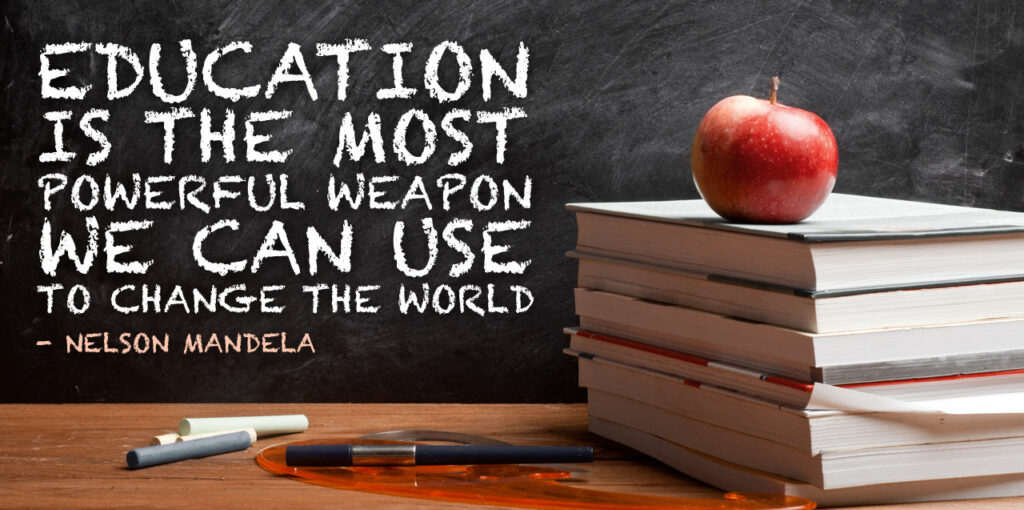
Bachelor of Arts degree
A UFV Bachelor of Arts (BA) prepares students for engaged democratic citizenship and success in the workplaces of today and tomorrow. Students gain analytical, intellectual, and practical skills through applied learning and a program of study that focuses on critical and creative thinking; written, oral, and visual communication; and quantitative, data, scientific, digital, and technological literacies. Students can select from a wide range of majors, extended minors, and minors that equip them to create a more just and inclusive society. Graduates leave ready for personal and social responsibility, ethical reasoning and action, leadership, and with career portfolios that support their post-university goals.
Program learning outcomes
Upon successful completion of the BA, students will be able to:
- Demonstrate information competency
- Analyze critically and imaginatively
- Use knowledge and skills proficiently
- Initiate inquiries and develop solutions to problems
- Communicate effectively
- Pursue self-motivated and self-reflective learning
- Engage in collaborative leadership
- Engage in respectful and professional practice
- Contribute regionally and globally
- Integrate their learning across all facets of their lives
Relevant Competed Courses
EDUC 200 – Educational Psychology
Students are introduced to theories of learning and development and how these can be supported in educational settings. A decolonizing lens is used to critique and extend traditional theoretical conceptualizations of learning and development, including learning theories, motivation, and complex cognitive processes. These theories are then built upon to begin considering how inclusive and decolonizing learning environments might be structured to best meet the needs of all students.
EDUC 300 – Teaching and Learning Practices
Provides opportunities for prospective teachers to start becoming reflective practitioners. Content includes Western, Indigenous, decolonial, and non-Western educational theories, research, and pedagogy. Topics include strategies of teaching, learning, assessment, classroom management, differentiation, school governance, and equity/inclusion. Includes school observations and/or case studies.
MATH 105 – Math for Elementary School teachers
Designed for students interested in teaching at the elementary level. Students will work towards developing a profound understanding of fundamental mathematics through physical, pictorial, and symbolic representations. Students will be provided with direct experiences of elementary mathematics through examples of young learners’ mathematical methods. Topics include problem solving strategies, sets, numeration systems, conceptualizations and arithmetic of rational numbers, number theory, ratios, and Euclidean geometry.
HIST 103 – Stó:lō History
Examines key themes in the history of the Stó:lō peoples, from the pre-contact era to the present. Emphasis will be given to oral history as a way of accessing and documenting a community’s knowledge of its own past.